Our Voice, Our Streets
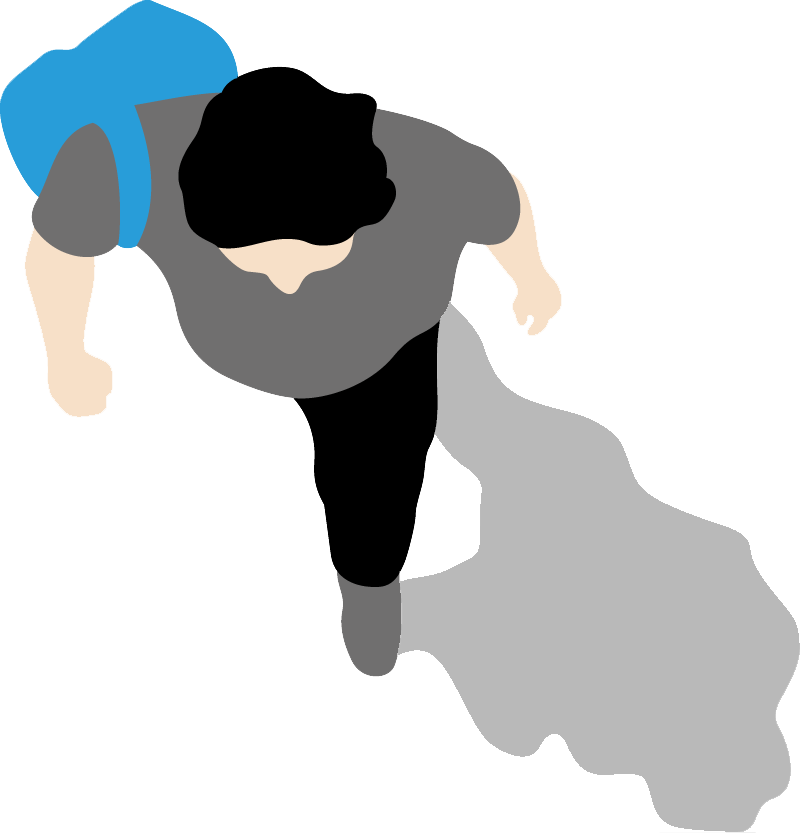
Our paths and public spaces are important for our health and wellbeing, and were especially so during lockdown. Yet sadly, children and teenagers often feel these places are unsafe or unwelcoming.
Amy Foster, our Coordinator of Croydon Living Streets, explains how the group's been engaging with teenage girls and non-binary young people to campaign for changes in our public spaces.
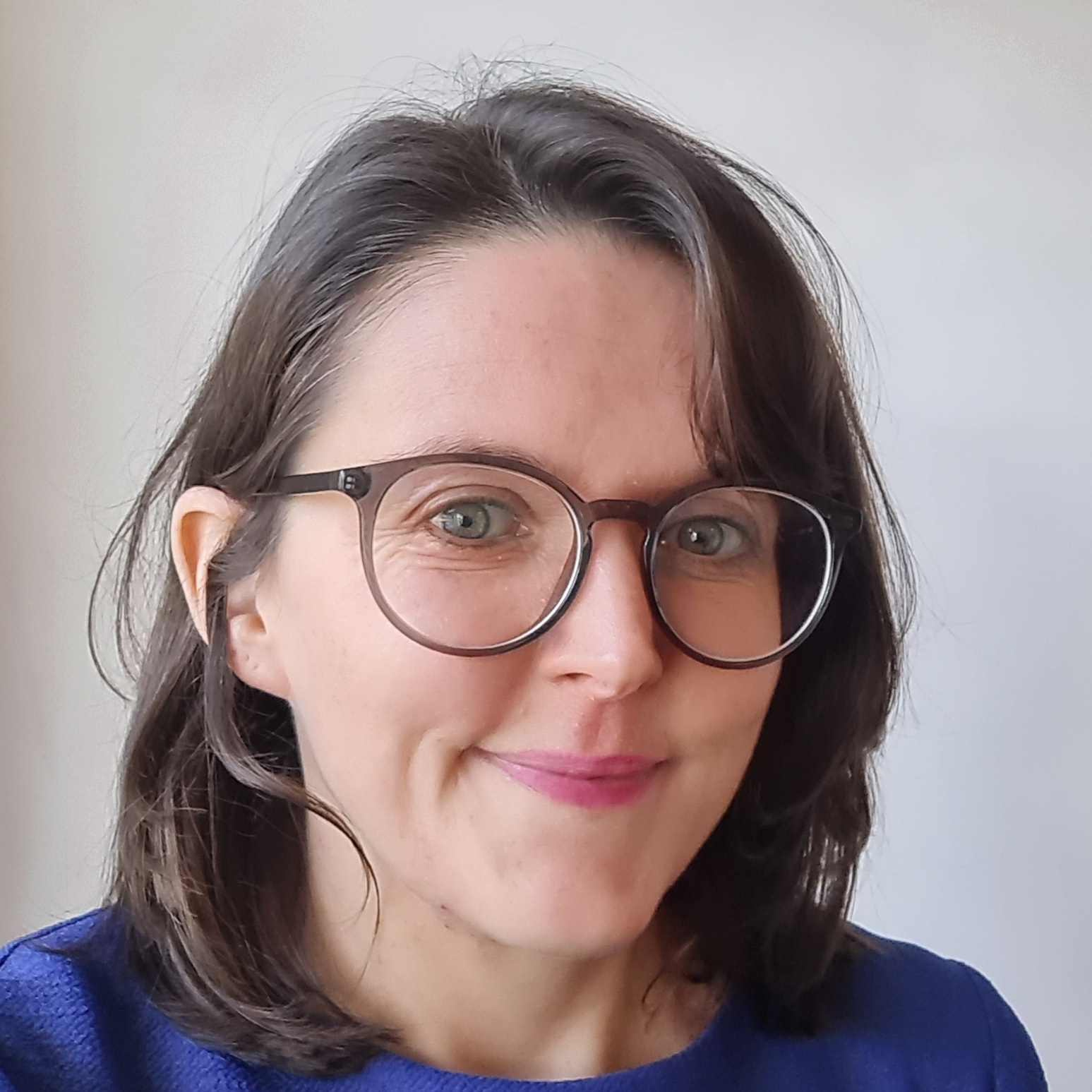
PUBLIC SPACES MATTER
For many of us, walking and wheeling were the heroes of lockdown. Parks and open spaces were full of people and for me in South Norwood in south-east London, it felt that every tree in my local park was turned into a climbing frame and every pavement a hopscotch track.
Our green spaces gave us room to breathe, to decompress and to protect our health and wellbeing as we adjusted to the changes the crisis brought to our daily lives.
But at work, as a teacher at a local Croydon school, I was learning that many children were spending most of the day indoors, with families anxious about the dangers of leaving the home.
Over the last few months, we have started to learn a little more about how the crisis has affected young people.
The British Psychological Association tells us that nearly one-third of them report having ‘much worse’ mental wellbeing since the pandemic started.
An even greater concern is the Children’s Society’s 2021 Good Childhood report, which concludes that children’s happiness is in an ‘alarming’ decline.
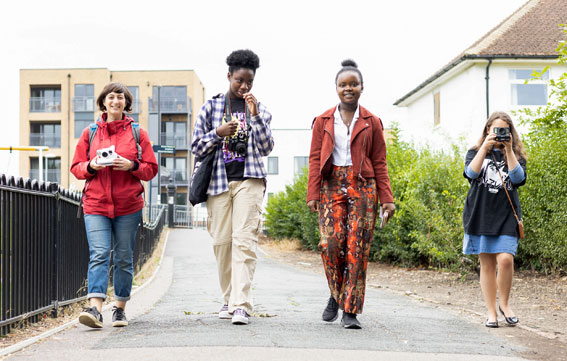
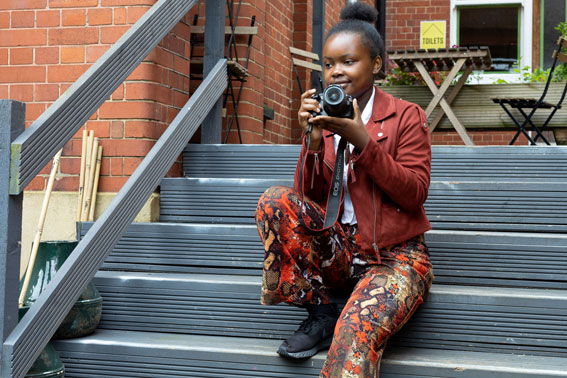
HEALTHY STREETS FOR ALL
At Living Streets, we champion the many benefits walking, wheeling and time outside in green space bring to mental and physical health. However, we also need to recognise that not everyone feels safe or welcome in many public spaces.
This point was made exceptionally well by inclusive cities expert Tiffany Lam, who chaired our event, Healthy Streets for All. She writes that [Healthy Streets are] "about the Right to the City – ‘democratic control of the city, with the right to access, occupy and use urban space.’"
So how do we ensure that all young people, particularly those from marginalised groups, are able to claim their democratic rights to our cities?
We know that income is directly related to how welcome young people feel in public green space. But there are other issues which mean young women and teenage girls are far less likely to use local park facilities.
OUR VOICE, OUR STREETS
At the Croydon Living Streets Group, we wanted to learn if this was indeed the case. We wanted to understand how teenage girls and non-binary young people felt about walking, wheeling and our public spaces. We wanted to hear about where they walk, if they choose to walk and what could be done to make it something they would do more of.
So in August, we invited a group of them to join us at a local arts centre for Our Voice Our Streets, a poetry and photography workshop led by photographer Sylvie Belbouab and theatremaker Sharon Kanolik.
For many of the girls it was the first in-person youth activity they had joined after Covid-19 restrictions had opened up in the borough.
We explored South Norwood on foot, practising portraiture skills and using the local environment to inspire poetry on places of safety and those of menace.
- They told us how intimidated they felt by hostile shop notices, indicating school children were unwelcome.
- They said their teachers told them not to ‘congregate’ in Croydon town centre without thought to where else they could go with friends.
- They explained how unpleasant they found poorly lit spaces, and how summer’s green walking route could change into a menacing shortcut when the nights draw in.
These observations were then compiled into a manifesto for change, which will be presented to the Council later this autumn. It includes a clear set of actions Croydon Council could take as part of a pledge to be a young person friendly town.
You can view the participants’ work now online at Our Voice Our Streets - Stanley Arts London.
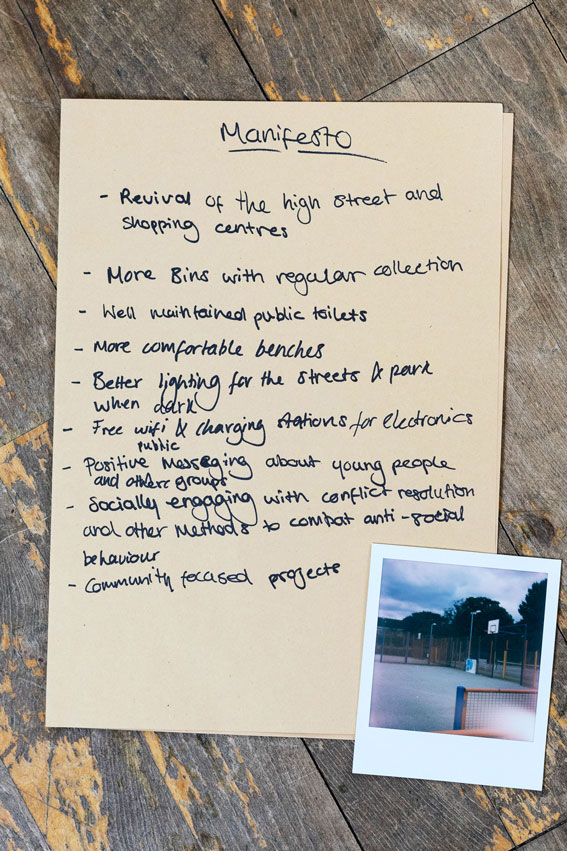
Working with Living Streets and meeting the amazing young people from South Norwood gave me hope for the future. It was amazing to work with such talented people who were so driven to better their local environment and community. I do hope the council take on board their suggestions. - Sylvie Belbouab, Photographer
